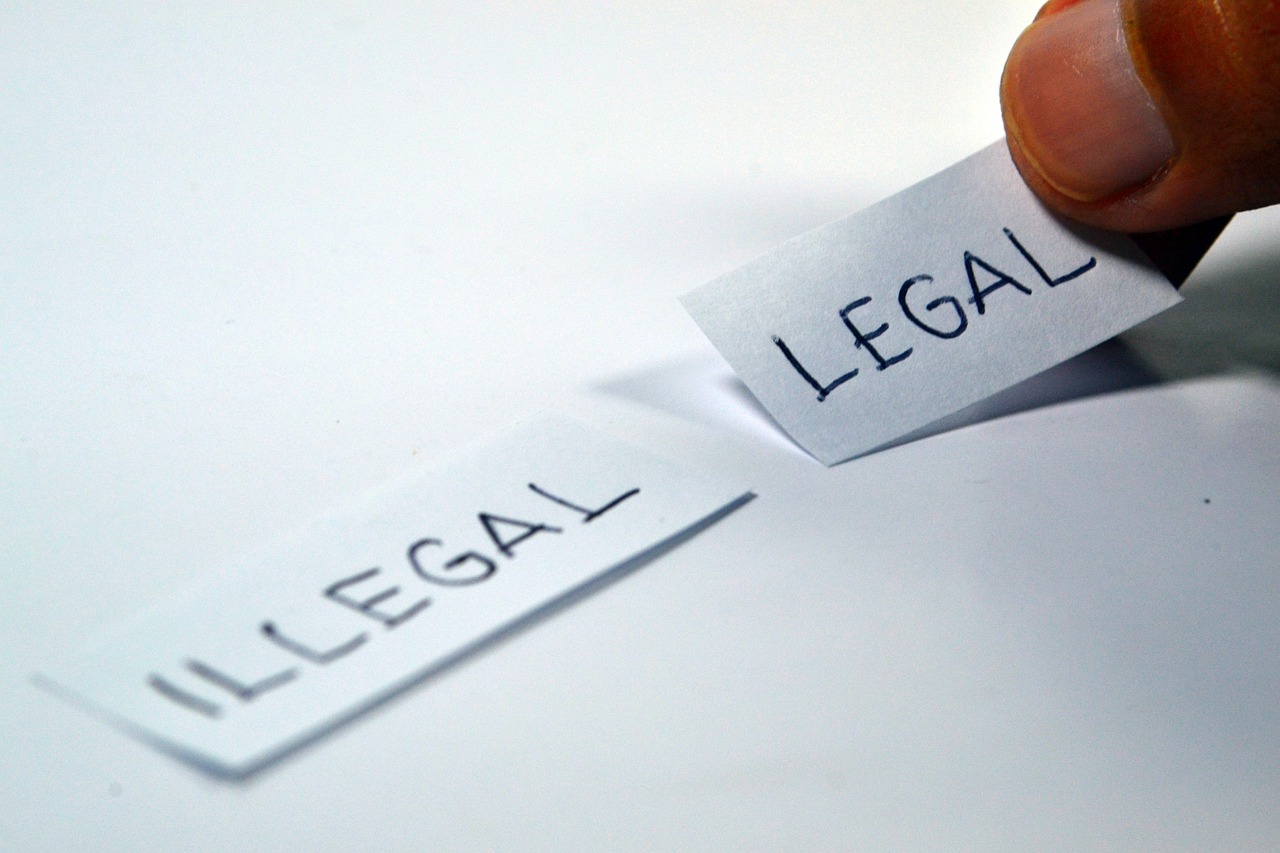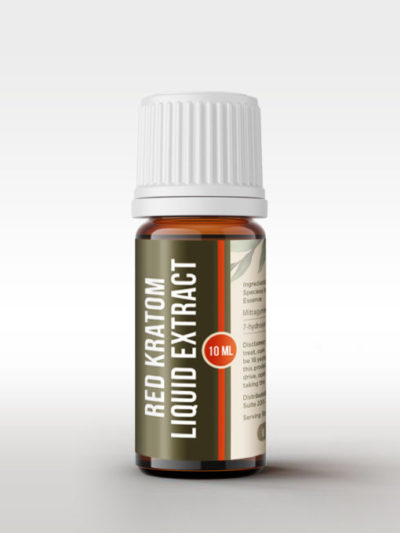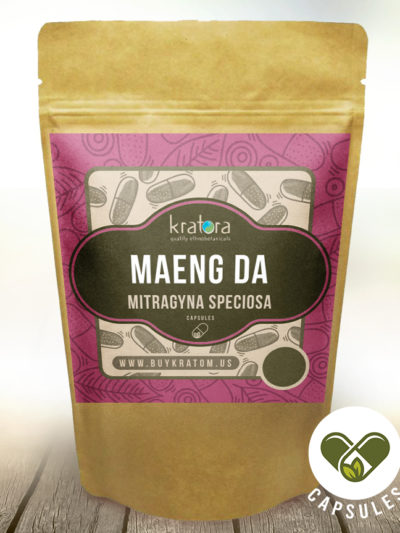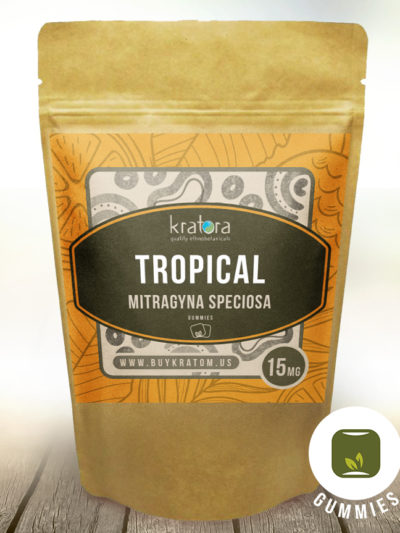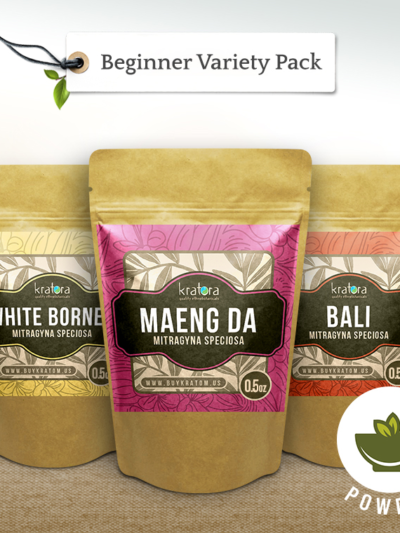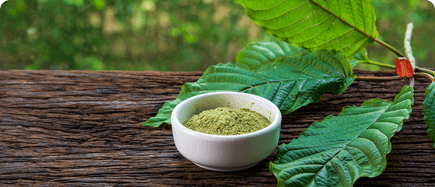Big changes are set for kratom in West Virginia. Whether you’re planning a visit to the Mountain State or you already make your home there, you’ll want to familiarize yourself with the new regulations before you buy that next packet of kratom powder. If you’re concerned about the legality of kratom in the state, the recent news is mostly positive.
Is Kratom Legal in West Virginia?
Before we get into the regulations, it’s important to address the current status of kratom in West Virginia and specifically whether kratom is legal in West Virginia in the first place. To answer the most obvious question, yes, kratom is 100% legal in the Mountain State. You’re free to buy kratom powders, kratom capsules, kratom extracts, and most other forms without violating the law. There have never been any major threats to its legal status in the state, although new legislation may complicate the legal framework a little bit.
The major change that’s coming is in regard to kratom regulation. Kratom manufacturers will be impacted more than consumers, which will hopefully result in a safer and more accountable kratom marketplace where you can buy with greater confidence.
Changes to Kratom in West Virginia
The West Virginia Kratom Consumer Protection Act (set to take effect on June 9th) is the culmination of years of advocacy and activism from kratom supporters concerned about the unregulated nature of the kratom marketplace in the U.S. The new law, which was approved by the West Virginia legislature and signed by Gov. Jim Justice on March 23rd, will help to remove unsafe kratom products from store shelves while also raising the standards for kratom labeling.
The new law was first introduced in the form of West Virginia Senate Bill 220. The proposal is actually divided into two sections, one section impacting kratom regulation and one section impacting hemp regulation.
On the kratom side, the new law will:
- Require kratom manufactures, distributors, processors, and retailers to maintain a valid permit with the state.
- Require that kratom samples be submitted to an approved third-party laboratory for purity testing.
- Impose an 11% tax on all sales of kratom in West Virginia.
- Limit kratom sales to consumers ages 21 and over.
In addition, the new law introduces strict requirements for protecting children. For instance, kratom packaging cannot be designed in a way that would appeal to children. In addition, all kratom labels must clearly advise that kratom be kept out of reach of children and that buyers should first consult a physician if pregnant or taking any medications. The law further tasks state authorities with developing standards and guidelines for kratom staging in order to prevent children from accessing it.
Why the Law Is Good News for Kratom in West Virginia

Since kratom currently remains unregulated by the federal government, there is minimal accountability for disreputable kratom vendors and manufacturers. Without quality standards in place, it can be difficult to know if you’re getting kratom that’s synthetic, contaminated, or falsely advertised. Some businesses have even been known to peddle fake kratom products as the real deal.
Of course, there are ways to avoid poor-quality kratom products:
- Research manufacturers carefully. Kratora, for instance, has been in the game since 2013, and our reputation in the marketplace is impeccable. If a kratom seller seems to have come out of nowhere or has few or poor consumer reviews, you should probably avoid them.
- Research the product as well. Where is it sourced from? Pro tip: it should be sourced from Southeast Asia as ours is. What are buyers saying about it? Is it ethically sourced? Is it all-natural (avoid synthetic and adulterated kratom)? Is it lab tested? If the answers to any of these questions are vague or unanswered, take your business elsewhere.
- ONLY buy lab-tested kratom. This is incredibly important. You want to research the lab as well to ensure that they’re independent and accredited. The lab report should tell you the total alkaloid concentration and confirm that the product was assessed for heavy metals, bacteria, and other contaminants.
- Don’t buy kratom from a gas station, convenience store, or head shop. These products are harder to research on the fly, and you typically have fewer options to choose from. It’s best to buy kratom online from a trusted vendor.
- Beware of suspicious or too-good-to-be-true claims by the manufacturer. Kratom is not approved for the purpose of treating or curing any conditions, and it cannot be advertised as such.
Since not all kratom products sold in West Virginia and the U.S. meet these standards, some buyers inadvertently buy poor-quality kratom.
By becoming the eighth state to impose sweeping kratom regulations, West Virginia hopes to turn the tide on this trend and ensure that only safe products are sold in the state.
Tips for Buying Kratom in West Virginia
-
Sale!
Relaxing
Red Kratom Liquid Extract
Original price was: $19.99.$17.99Current price is: $17.99. Add to Cart Quick View -
Energy
Maeng Da Kratom Capsules
From $26.99 Shop Now This product has multiple variants. The options may be chosen on the product page Quick View -
Sale!
Energy
Tropical Kratom Gummies
Original price was: $29.99.$15.99Current price is: $15.99. Add to Cart Quick View -
Sale!
Best Seller
Kratom Beginner Variety Pack
Original price was: $17.99.$9.99Current price is: $9.99. Add to Cart Quick View
You still have to be a discerning shopper as the new law takes effect. Keep in mind that the regulations for kratom in West Virginia aren’t as stringent as the regulations that certain other states have imposed.
For instance, there are no limits on alkaloid concentrations, and synthetic kratom isn’t specifically banned. For this reason, you still have to read labels carefully and do your homework. However, the law does bring us one step closer to cleaning up the market.
Keep in mind that, while kratom is legal in West Virginia, the same can’t be said of every state. So if you travel to the northeast, make sure not to bring kratom into Vermont or Rhode Island. And if you head down south, keep it out of Alabama and Arkansas. Kratom is also illegal in Wisconsin and Indiana.
It’s a great time to be a kratom lover in West Virginia. Just make sure to research carefully, shop online, and always know what you’re buying!
Want to learn more about kratom quality and value? Start here:
Why Buying Cheap Kratom Can Be Dangerous
